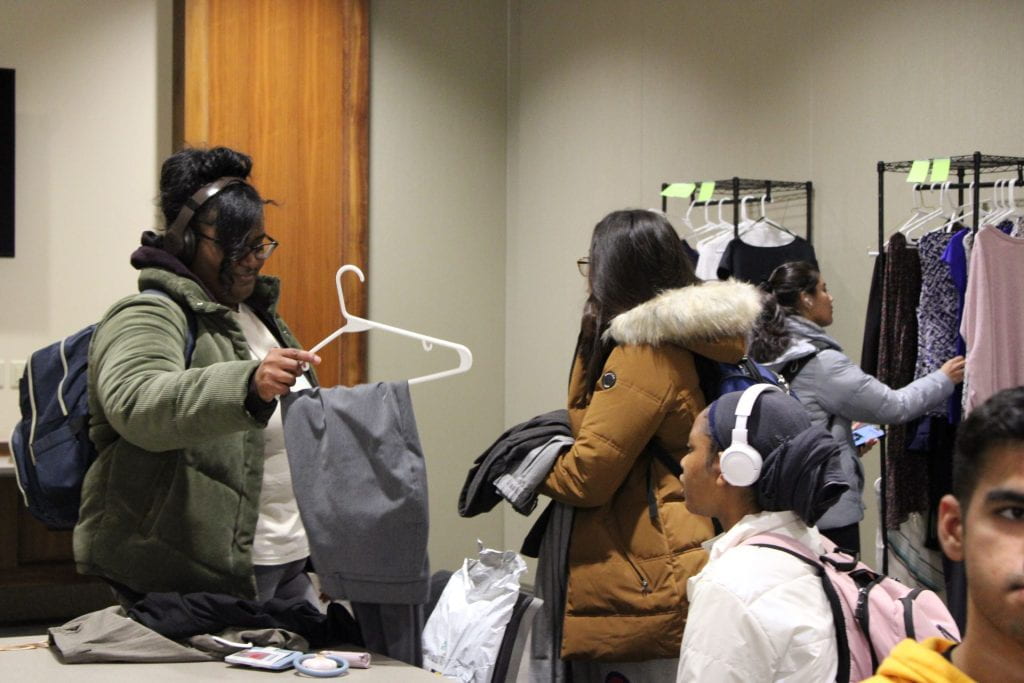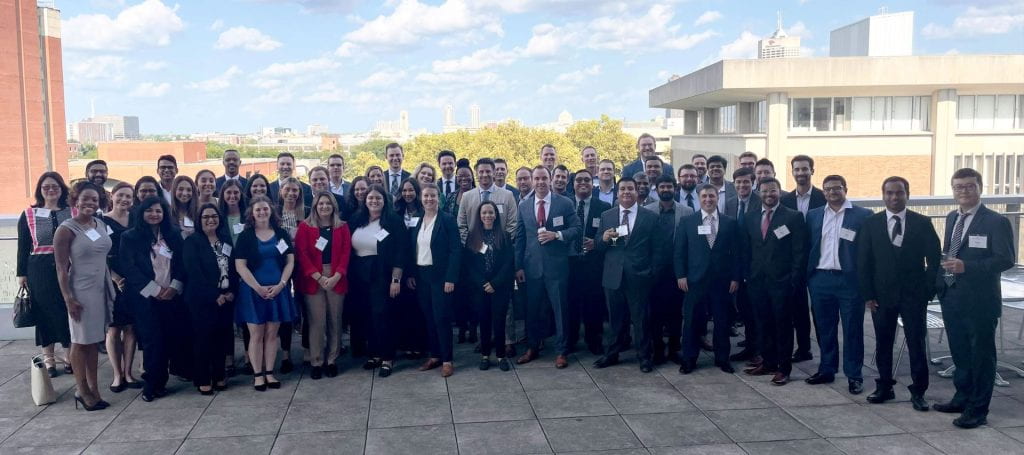
In the aftermath of Hurricane Sandy, a restaurant cleans out on Oct. 31, 2012 after flood water damaged the South Street Seaport retail district in Lower Manhattan. (Credit Jay Lazarin)
BLOOMINGTON, Ind. – Weather experts are warning that this year’s Atlantic hurricane season, which officially began June 1, could be among the most active on record. Hurricanes annually cause millions of dollars in damage to households and public infrastructure, but also to businesses.
Hurricanes and other extreme weather events also create spikes in uncertainty that can linger in financial markets for affected firms for months. Mispricing of such events in asset markets can lead to sudden sharp price corrections.
In a paper forthcoming in the Journal of Finance, Mathias Kruttli and Sumudu Watugala, assistant professors of finance at the Indiana University Kelley School of Business, studied firm-level exposures to hurricanes over a 24-year period to better understand how extreme weather events impact performance in financial markets as measured by option and stock prices.
They found that investors historically underreacted to the volatility arising from hurricanes and didn’t efficiently update their expectations about it, based on information available in real time.

Mathias Kruttli
“After a hurricane, there is a lot of emphasis based on the damage and the resulting destruction, but what we wanted to highlight was that there’s also a lot of uncertainty about the effects,” Kruttli said. “At the moment of a hurricane landfall, a lot of that destruction is uncertain. Some firms will be negatively affected, certain firms will be positively affected, but it takes time for the uncertainty to be resolved.”
This uncertainty may simply involve whether a hurricane makes landfall where it is expected to do so, or if its path veers away at the last moment and affects another area instead. It also can be based on the amount of time needed to discern the scope of the impact, both to companies’ operations and the surrounding infrastructure, how product demand is affected and if and how insurance and disaster relief will aid recovery from the aftermath.
They used regression analysis to compare the change in uncertainty after a hurricane for firms that were hit, compared with those that were not. Their results show that uncertainty increases and remains elevated for up to three months.
Even though the extreme weather event has happened, it takes time for firms to assess and then communicate the impacts to investors, Watugala and Kruttli said.

Sumudu Watugala
As they examined the data from 1996 to 2019, the researchers found that investors appeared to become more aware of the potential uncertainty after experiencing Hurricane Sandy in 2012, and have, over time, reduced their underreaction to immediate hurricane risk.
“In general, what we found was that investors were systematically underreacting to how much uncertainty there would be about firm outcomes,” Watugala said. “Sandy was an unexpected event that hit the U.S. financial center. There were very significant effects, like the closure of the New York Stock Exchange. It was very salient for a lot of financial investors.” (more…)











 TAMPA, FL/ May 8, 2024 —
TAMPA, FL/ May 8, 2024 — 











